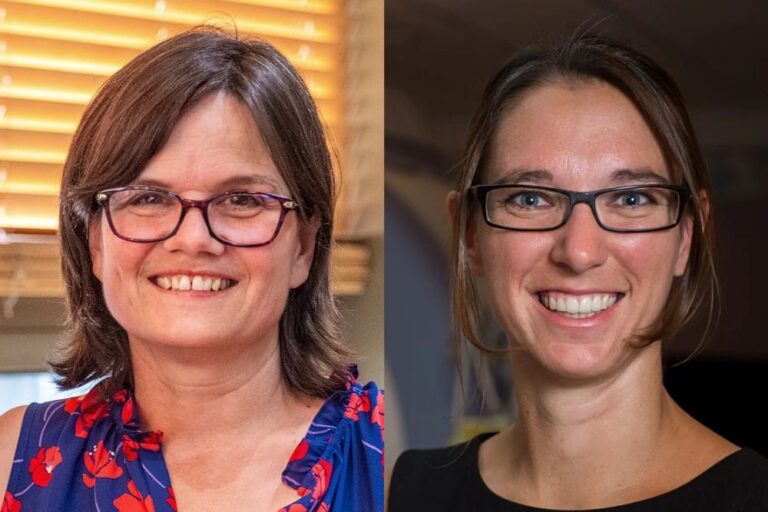The Department of Romance and Classical Studies congratulates Prof. Silvina Bongiovanni for publishing her recent article, “Accounting for effects of monitored speech: vowel nasalization, nasal consonant weakening and /s/ production in Spanish” in the latest issue of Studies in Hispanic and Lusophone Linguistics. The journal is read widely, particularly by specialists in Spanish and Portuguese. Dr. Bongiovanni’s third published article in this periodical is notable for its specific content, but also has useful implications for laboratory research in linguistics generally.


Bongiovanni places this study “at the crux of laboratory phonology and sociolinguistics” and underlines the importance it could have for other linguists doing research under controlled, laboratory conditions. To be clear, at its heart this article makes a valuable contribution to Hispanic phonology; specifically examining how and why some speakers of Spanish are not pronouncing some sounds as previous studies have predicted. To get her data, she has used specialized phonological methods–and even a curious specialized instrument called a nasometer.


Yet, Bongiovanni’s research indicates that the formality and control of the laboratory environment tend to lead speakers to monitor and subtly adjust their own speech to conform with artificial standards. When speakers self-edit in the laboratory, consciously or unconsciously, their pronunciation is less natural and can skew phonological studies. Using insights gleaned from sociolinguistics, Dr. Bongiovanni offers a methodology for correcting for subjects’ self-monitoring and adjustments.
Consequently, the real implications of Bongiovanni’s research go beyond any specific phonological conclusions and extend to methods of evaluating and interpreting results of experimental linguistic studies in general. As the author shows, speakers’ sociolinguistic characteristics, whether related to region, gender, class, age or another factor, affect the way they speak in the formal setting of the linguistic laboratory. This can have important effects in the quality of the data in the study, regardless of its specific linguistic focus, from phonology to syntax or grammar.
In short, the results of the research she has done in this piece reinforce a favorite dictum of Dr. Bongiovanni: “a good linguist is a sociolinguistically informed linguist.” In many cases, taking these factors into account can help even the most specialized experimental linguist avoid making invalid claims.


